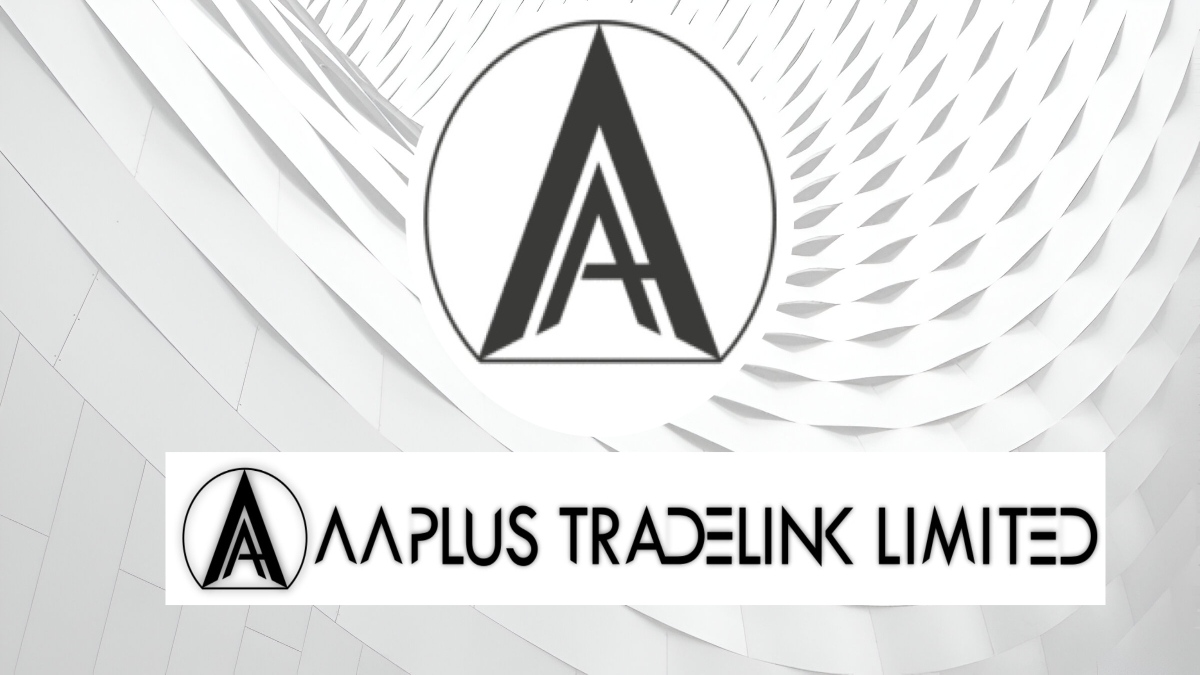Different segments of Commodities Market

Over-the-counter (OTC) market:
Over-the-counter means that there is no formal structure of trading and parties trade on the basis of bilateral understanding. In terms of commodity trading, OTC represents spot trading of commodities. Since the structure is not formal, it is also referred as 'customized market". Almost all the trading that takes place over in these markets is delivery based.
It is entirely unregulated with respect to disclosure of information between the parties, therefore, the trades that take place are subject to counter-party risk. Like an ordinary contract each counter-party relies on the other side to fulfil their obligation.
OTC Contract:
OTC contract is a mutual contract between two parties in which they agree on how a particular trade or agreement will be settled in future. To put it in simple words, which location will the settlement takes place, the specific date in future when the contract will be honoured and the prearranged price for fulfilling the contract. Forwards and swaps are examples of such contracts.
Participants:
Mostly, the people who are involved with particular commodity say the farmer, processor, wholesaler, etc trade through such market. The buyers and sellers of the commodities have their respective agents or brokers who negotiate for the prices on their behalf.
Exchange-traded market:
Exchange-traded market also known as derivatives market is the place where commodities are traded over the exchange. It is standardised in nature and decently regulated. An exchange acts as an intermediary to all commodity transactions, and takes initial margin from both sides of the trade to act as a guarantee. All the commodity exchanges are overseen by Forward Market Commission.
Investing in commodity derivatives
Commodities derivatives are considered as one of the investment tools where people just speculate on the direction of the price of the commodities to generate profit if the price moves in their favour. The most commonly traded commodity derivative is futures contract.
Futures contract are contracts to buy or sell commodity on or before a future date where one party goes long (buys a future contract), another goes short. In short, risk is transferred from one party to another.
Off late, many people are actively trading in commodities. It is general assumption of an investors that it is easier to forecast the price of commodities based on their demand and supply as compared to forecast the price of shares which depend on number of factors than just demand and supply. Also, its pretty cheaper investing into commodities as person can buy a derivative contract by paying only a percentage of the contract value.
Even though, there is provision of delivery in exchange traded commodities but most of the contracts get squared-off before expiry and are settled in cash.
OneIndia Money
































